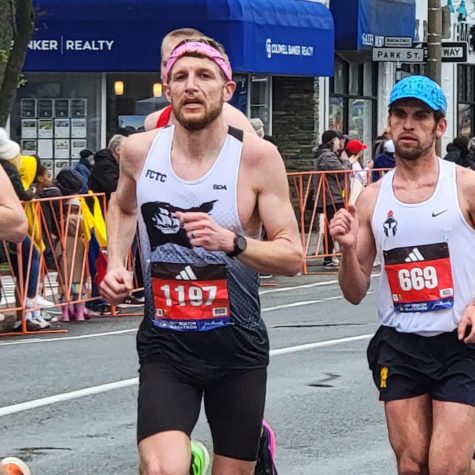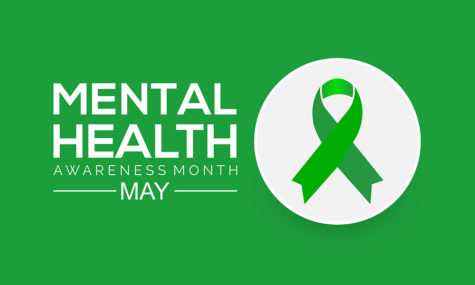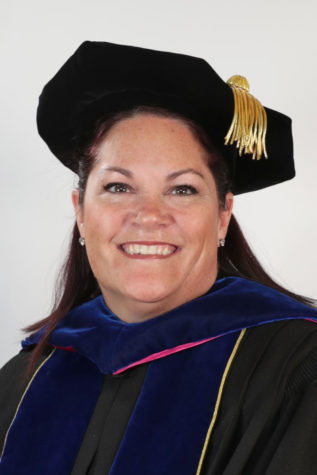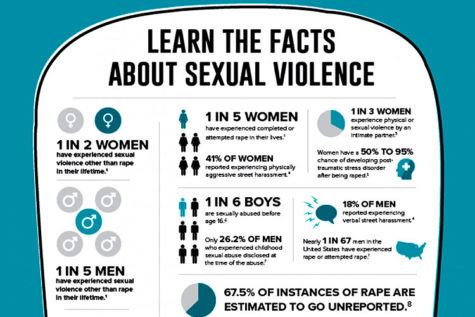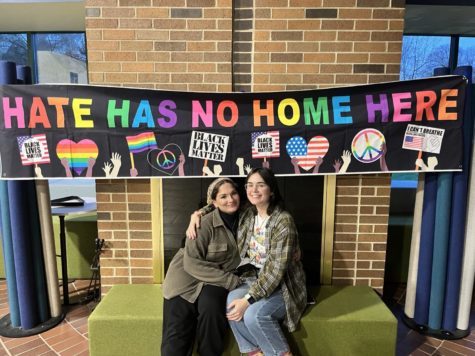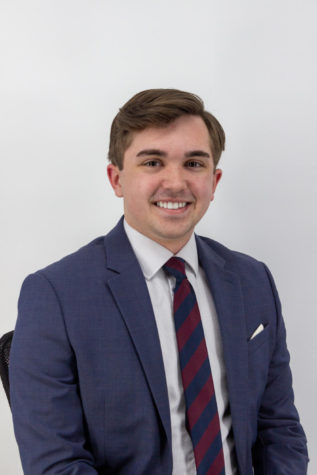McCool to travel to Haiti with class
October 25, 2016
Sarah McCool, Ph.D., instructor of Public Health, has recently returned from a three-month fellowship in Jakarta, Indonesia, where she worked on a community-based tuberculosis program.
This fellowship was through the United States Agency for International Development, funded by the U.S. government.
“Indonesia is one of the highest burden countries in the world for tuberculosis,” McCool said.
There are 22 high-burden countries worldwide, and these countries account for about 80 percent of the world’s tuberculosis infections.
“The rate is about 650 per 100,000 people (in Indonesia),” McCool said.
Indonesia is a lower middle-income economy where the gross national income per capita is between $1,026 and $4,035. To compare it with the United States, we are a high-income economy where our GNI per capita is $12,476 or more.
“Indonesia is not completely devoid of resources, but they do have resource issues,” said McCool. “One of the problems with tuberculosis is that there’s a stigma against it, and people may not want to get tested.”
They may fear that they are going to lose their job, or they are unaware of the threat of tuberculosis.
The goal of this program at the community level is to get education, get people tested, make sure they comply with treatment and that they are cured of tuberculosis.
McCool is still doing research with the people in Indonesia, and will return in the future.
For now, McCool is going to lead a class to Haiti in the spring. They will go to a rural part of Haiti at the end of May for seven days to learn the Haitian culture.
Before the class goes, they will take an eight-week mini course called Haiti, Poverty and Global Health.
Non-majors are allowed to take the course and attend the trip. The cost of the trip will be about $2,400.
McCool described how many people think of these situations as going to a poor country and doing things for other people, but that is not the message that she wants to be sent.
“We cannot go into somebody’s home and tell them how they should be doing things because the way they do things is fine, and we can learn a lot from them as well,” McCool said.
“Volunteers may help with education and getting resources, but the narrative of Westerners going to poor countries to save people is wrong,” she said.
The experience should allow a shared learning experience.
“They’re capable of doing it themselves and they should be doing it themselves,” McCool said.
While public health is the conditions in which one grows, lives, works and plays that influences one’s health, the students will not be doing anything explicitly related to health in the traditional sense.
They will be able to see and observe the social determinants of health in the everyday life of the Haitians.
They will see the conditions of the world that too many people live in, and they can think about what they can do to try to change some of that.
“The trip will be a really eye-opening experience for students,” said McCool. “It’s completely different seeing something on TV than seeing it with your own eyes.”


